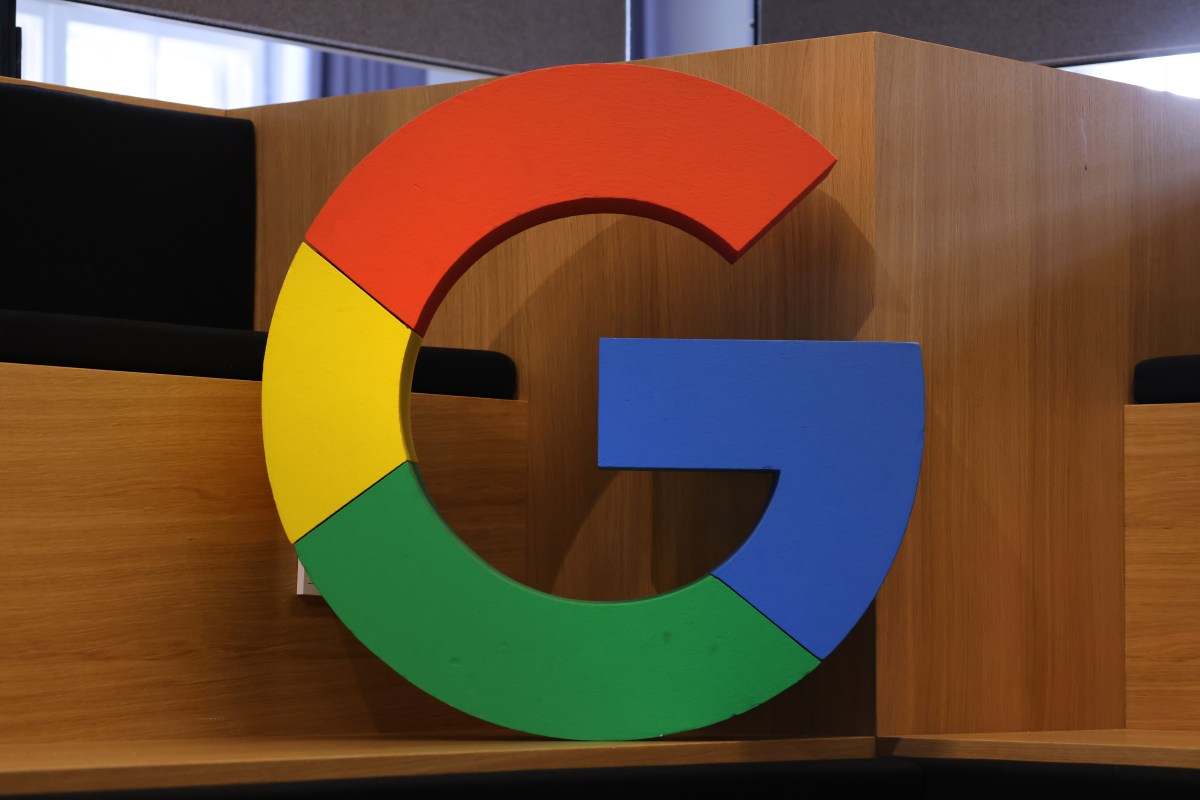Google.org, Google’s charitable wing, is initiating a new program to support nonprofits developing technology that utilizes generative AI.
The program, called Google.org Accelerator: Generative AI, will be backed by $20 million in grants and will initially include 21 nonprofits. Some of the participants include Quill.org, a company creating AI-powered tools for student writing feedback, and the World Bank, which is developing a generative AI app to enhance the accessibility of development research.
Aside from financial support, nonprofits selected for the six-week accelerator program will receive technical training, workshops, mentoring, and guidance from an assigned “AI coach.” Additionally, through Google.org’s fellowship program, teams of Google employees will work full-time for up to six months with three of the nonprofits — Tarjimly, Benefits Data Trust, and mRelief — to help launch their proposed generative AI tools.
Tarjimly aims to use AI for language translation for refugees, while Benefits Data Trust is leveraging AI to create assistants that aid caseworkers in assisting low-income applicants enroll in public benefits. mRelief is designing a tool to streamline the U.S. SNAP benefits application process.
“Generative AI can assist social impact teams in being more efficient, creative, and impactful in serving their communities,” said Annie Lewin, the director of global advocacy at Google.org, in a blog post. “Recipients of Google.org funding have reported that AI helps them achieve their goals in one-third of the time and at nearly half the cost.”
According to a PwrdBy survey, 73% of nonprofits believe that AI innovation aligns with their missions, with 75% stating that AI makes their operations easier, particularly in areas like donor categorization, routine back-office tasks, and mission-driven initiatives. However, there are significant obstacles for nonprofits seeking to develop their own AI solutions or adopt third-party products, including cost, resources, and time.
In the blog post, Lewin referenced a Google.org survey that also found that while the majority of nonprofits see the potential of generative AI in their work, many are not currently using the technology due to various internal and external barriers. “They point to a lack of tools, awareness, training, and funding as the major obstacles to adoption,” she explained.
Encouragingly, the number of nonprofit AI-focused startups is on the rise.
Nonprofit accelerator Fast Forward reported that more than a third of applicants for its latest cohort were AI companies. Additionally, Crunchbase reports that numerous nonprofit organizations worldwide are focusing on ethical approaches to AI, such as AlgorithmWatch for AI ethics, JoyEducation for virtual reading clinics, and Earth05 for conservation advocacy.


